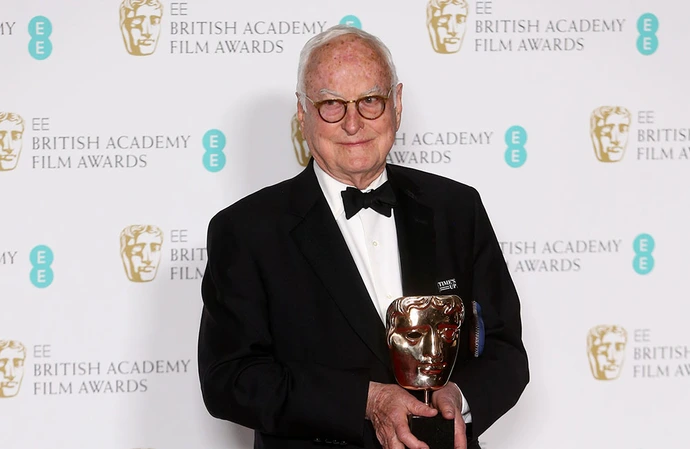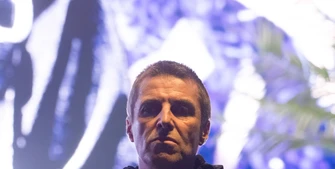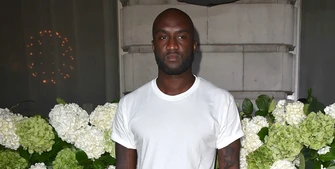James Ivory says coming out didn’t feel ‘all that important’ at height of fame
Opening up about his years of hiding his sexuality, James Ivory has said coming out didn’t seem “all that important” when he was at the height of his filmmaking glory.

James Ivory says coming out didn’t seem “all that important” when he was at the height of his filmmaking glory.
The Oscar-winning gay icon, 96, made more than 20 much-loved movies including ‘The Remains of the Day’ with his late romantic and producing partner Ismail Merchant, who died in 2005 aged 68 following surgery for abdominal ulcers.
He told People about the concept of being out of the closet in Hollywood as a “gay filmmaker” being a modern concept at the peak of their success: “It’s kind of a new idea. When (Ismail and I) were making all those films – and, you know, we made over 20 features together – that was not something that seemed all that important.
The success of James and Ismail’s Ivory Productions is chronicled in director Stephen Soucy’s new documentary ‘Merchant Ivory’.
James added when he was making films such as ‘A Room with a View’ and ‘Howards End’ he and his partner were more focused on the work than talking about their sexuality.
Their careers saw them work with a raft of top talent including Sir Anthony Hopkins, Dame Emma Thompson, Helena Bonham Carter, Vanessa Redgrave and more.
James said he and Ismail always focused on “what we were doing and how we were doing it, the kinds of stories that we chose to tell and the kinds of actors that we wanted to have”.
Most of the filmmaking pair’s fans weren’t even aware they were gay until recently.
The awareness is mainly down to the success of gay coming-of-age drama ‘Call Me by Your Name’ that James made in 2017, and which starred Timothée Chalamet and Armie Hammer.
In interviews to promote the movie, James said being openly gay during the production of his classic films in the 1980s and ’90s classics would have been “unthinkable”.
He also told The Guardian in 2018 his and Ismail’s privacy regarding their sexuality was a way to protect his partner, adding: “That is not something that an Indian Muslim would ever say publicly or in print. Ever!
“You have to remember that Ismail was an Indian citizen living in Bombay, with a deeply conservative Muslim family there.
“It’s not the sort of thing he was going to broadcast. Since we were so close and lived most of our lives together, I wasn’t about to undermine him.”
















